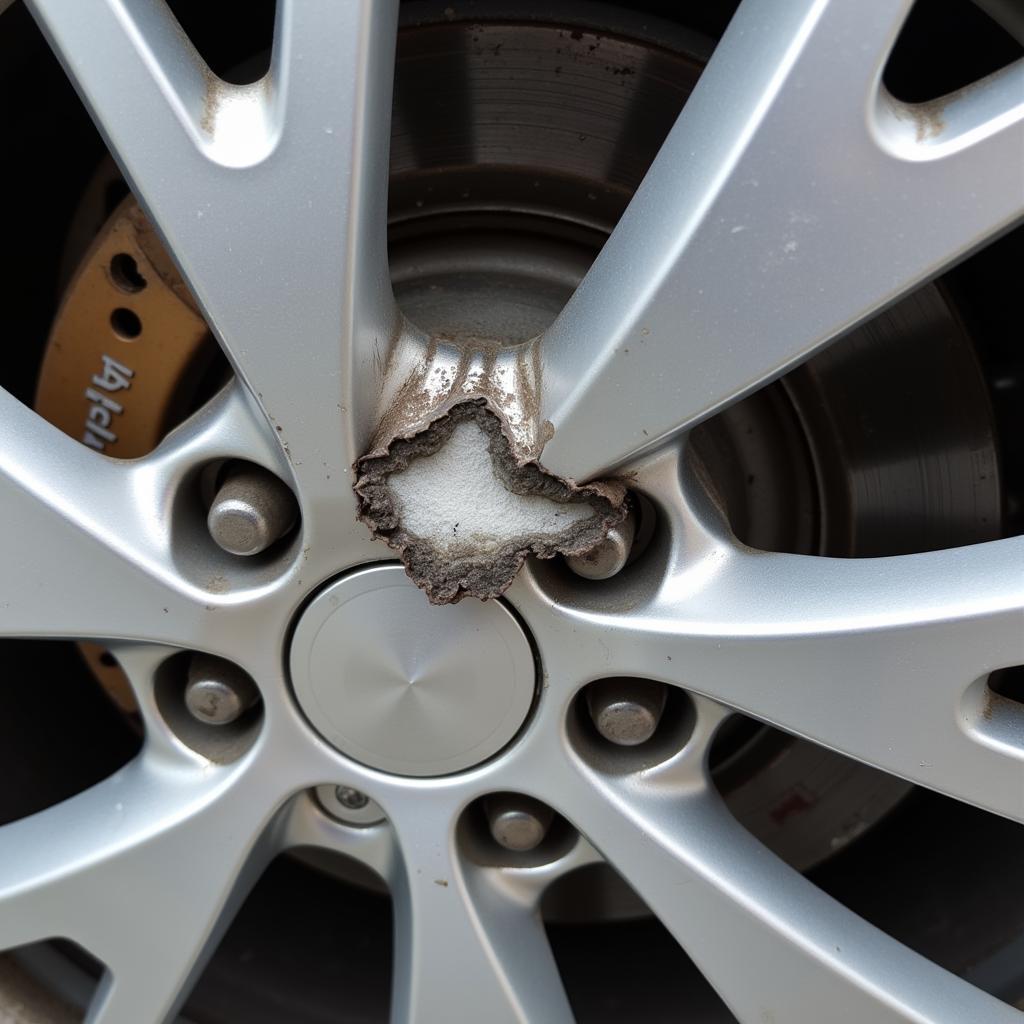Minor Car Problems can be frustrating, but often they can be easily diagnosed and fixed without a trip to the mechanic. This guide will provide you with valuable information and practical advice on how to handle common minor car issues, saving you time and money.
Understanding what constitutes a “minor car problem” is the first step. These issues typically don’t prevent the car from running but can affect performance, comfort, or safety. They can range from strange noises and unusual smells to minor fluid leaks and electrical glitches. Addressing these problems promptly can prevent them from escalating into major, costly repairs. After this introduction, we’ll delve deeper into specific examples of minor car problems and offer solutions. You can find more real-life examples of car trouble at car problem stories.
Identifying Common Minor Car Problems
One of the most common minor car problems is a flickering or dim headlight. This can often be attributed to a loose connection, a faulty bulb, or a corroded socket. Another frequent issue is unusual noises, such as squeaking brakes or a rattling sound from the suspension. These noises can indicate worn-out components that need replacement. Fluid leaks, while seemingly minor, should never be ignored. A small leak can quickly become a major problem if left unattended. Similarly, unusual smells can indicate problems with the exhaust system, the engine, or even the air conditioning. Identifying the source of these smells is crucial for a timely fix. Have you experienced similar engine-related issues? Check out minor car engine problems for more insights.
Troubleshooting Minor Electrical Problems
Electrical problems can manifest in various ways, from a malfunctioning car starter to issues with the interior lights. A common electrical problem is a car that won’t start. This could be due to a dead battery, a faulty starter motor, or a corroded battery terminal. Sometimes, the problem is as simple as a loose connection or a blown fuse. Another common electrical issue is a malfunctioning power window. This can be caused by a faulty window motor, a damaged window regulator, or a problem with the wiring. For more information on car starter issues, visit electrical problem with car starter.
Addressing Minor Mechanical Issues
Minor mechanical issues can often be addressed with some basic DIY skills. For instance, a squealing brake can often be resolved by cleaning and lubricating the brake calipers. A rattling sound from the suspension might indicate a loose bolt or a worn-out bushing. These are relatively simple fixes that can be done at home with basic tools. More complex mechanical problems, such as a slipping transmission or a rough idle, might require professional attention. These issues can be more difficult to diagnose and repair and may necessitate specialized tools and expertise. This is a similar situation to Benard’s experience documented at benards car problem.
Preventative Maintenance for Avoiding Minor Car Problems
Regular maintenance is key to preventing minor car problems from occurring in the first place. This includes regular oil changes, checking and topping off fluids, inspecting tires, and having the car serviced according to the manufacturer’s recommendations. For a comprehensive guide on recognizing engine problems, visit symptoms of engine problems in cars.
Conclusion
Addressing minor car problems promptly can save you time, money, and frustration in the long run. By understanding the common causes of these issues and taking preventative measures, you can keep your car running smoothly and avoid costly repairs. If you need further assistance or have persistent car problems, don’t hesitate to contact AutoTipPro at +1 (641) 206-8880. Our office is located at 500 N St Mary’s St, San Antonio, TX 78205, United States.
FAQ
-
What are some common signs of a minor car problem?
Unusual noises, smells, leaks, and electrical glitches are common signs of minor car problems. -
How often should I check my car fluids?
Checking your car fluids monthly is a good practice. -
What can I do to prevent minor car problems?
Regular maintenance, such as oil changes and fluid checks, can help prevent minor car problems. -
When should I take my car to a mechanic for a minor problem?
If you’re unsure about the cause of a problem or unable to fix it yourself, it’s best to take your car to a mechanic. -
Can ignoring minor car problems lead to major issues?
Yes, ignoring minor problems can often lead to more serious and costly repairs down the road. -
How can I identify the source of unusual car smells?
Consult your car’s owner manual or seek professional help to identify unusual car smells. -
What are some basic tools I need for DIY car maintenance?
A basic set of tools can include screwdrivers, wrenches, pliers, and a jack.






Leave a Reply